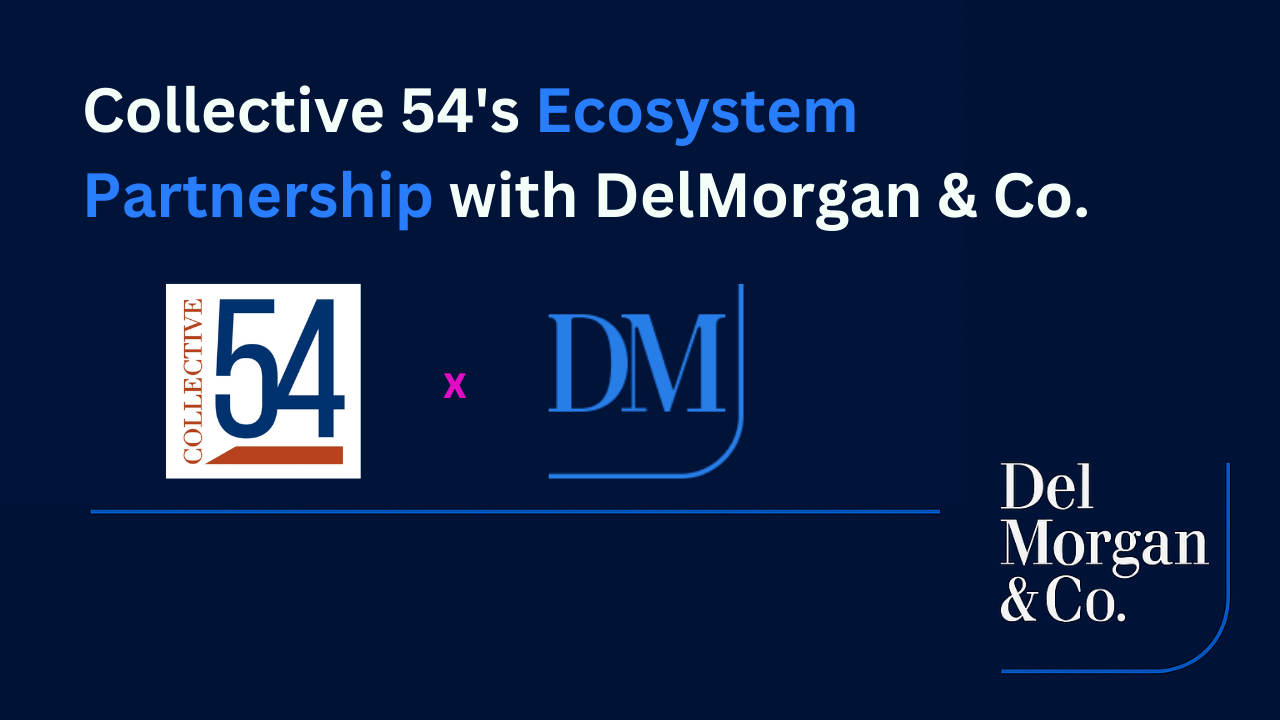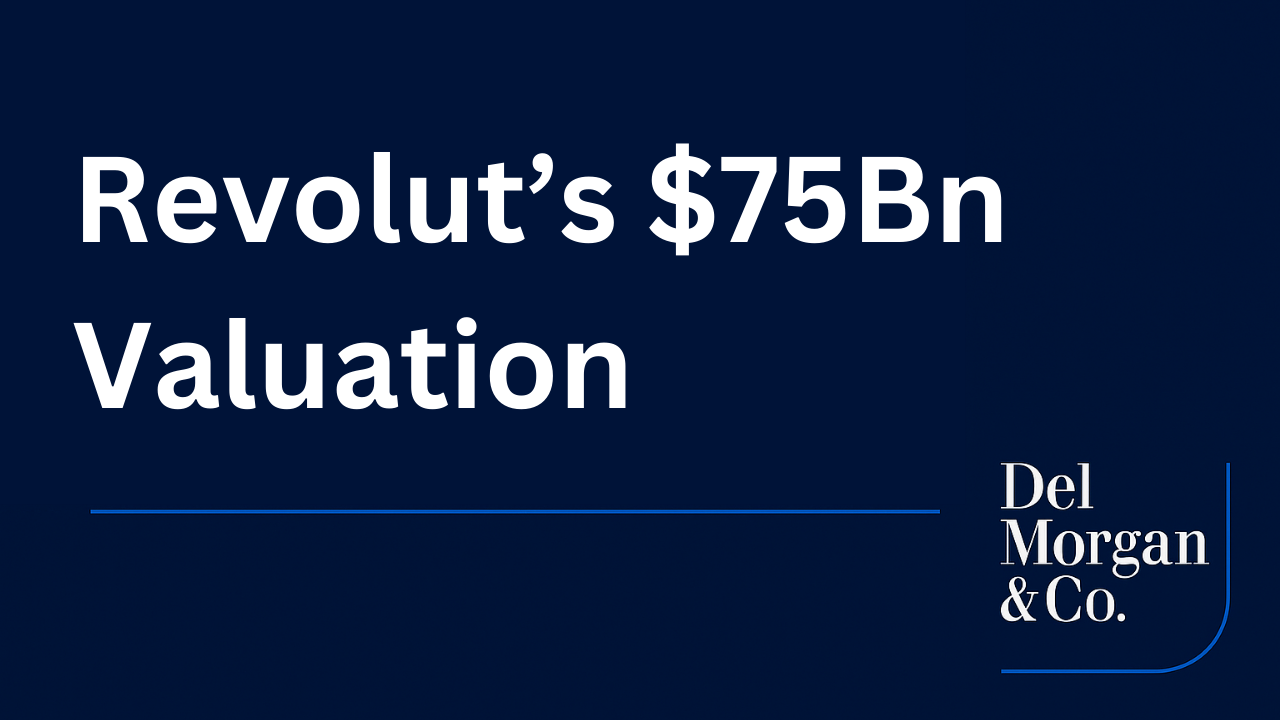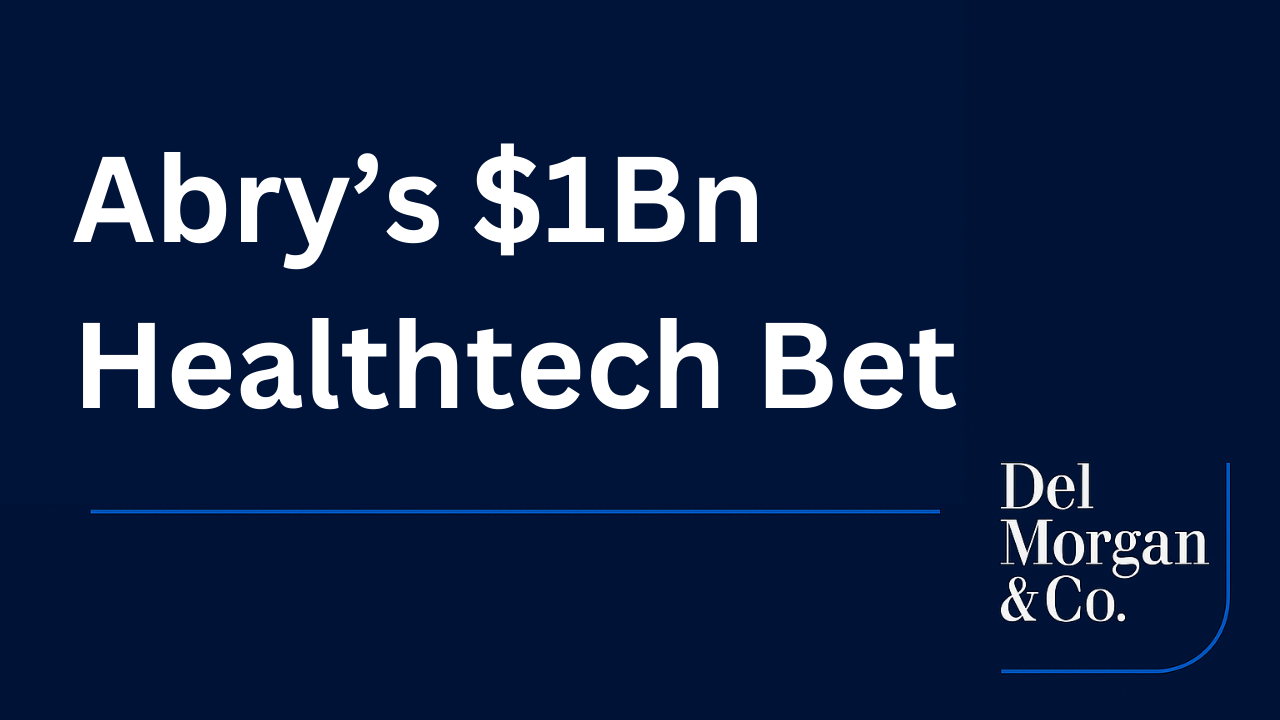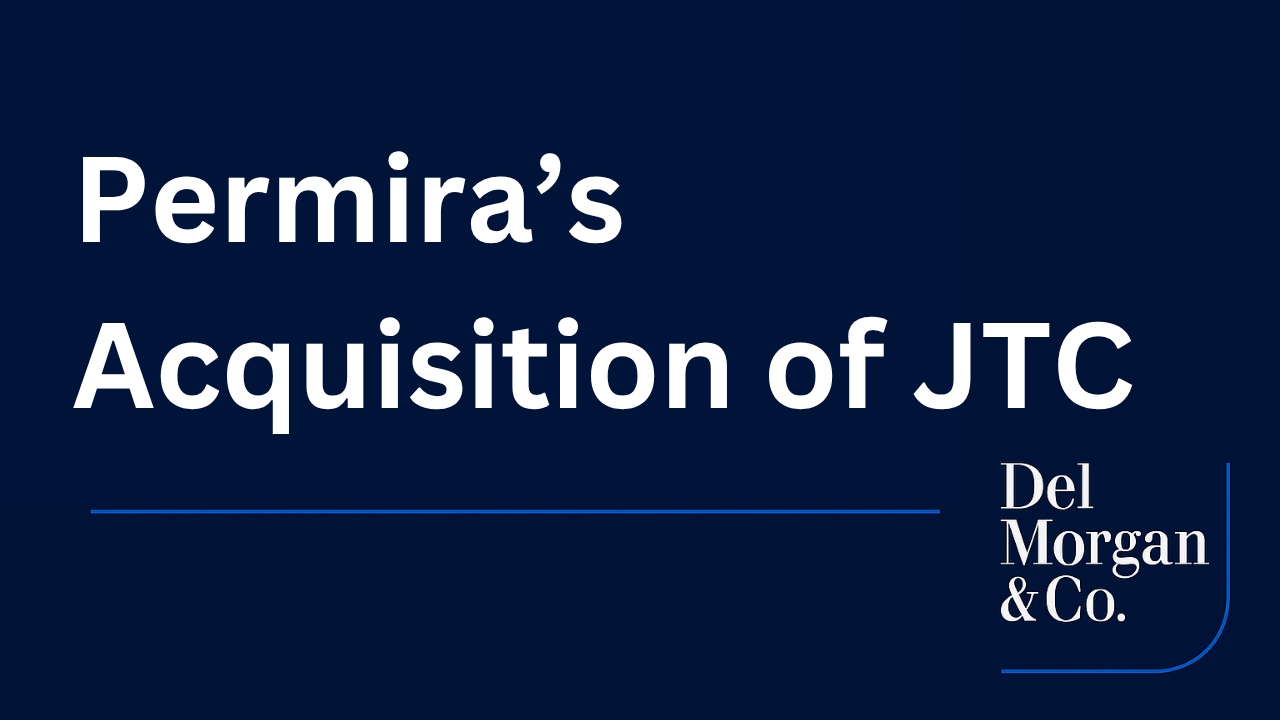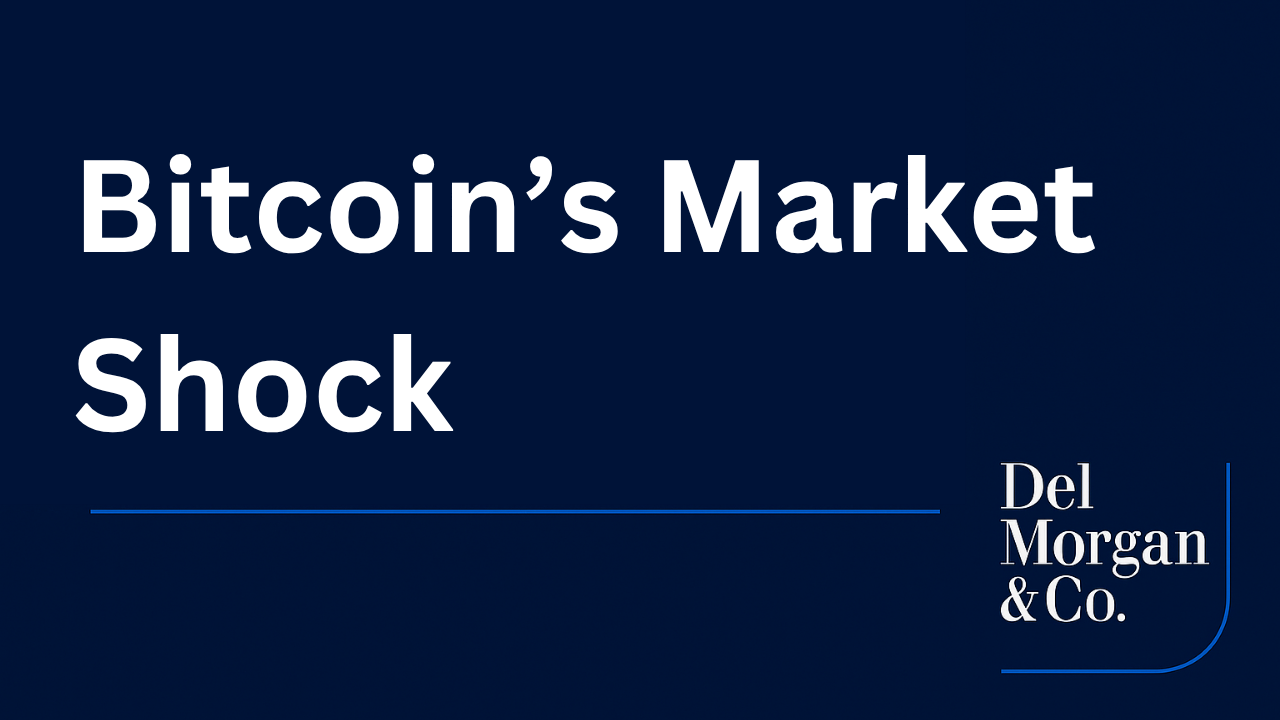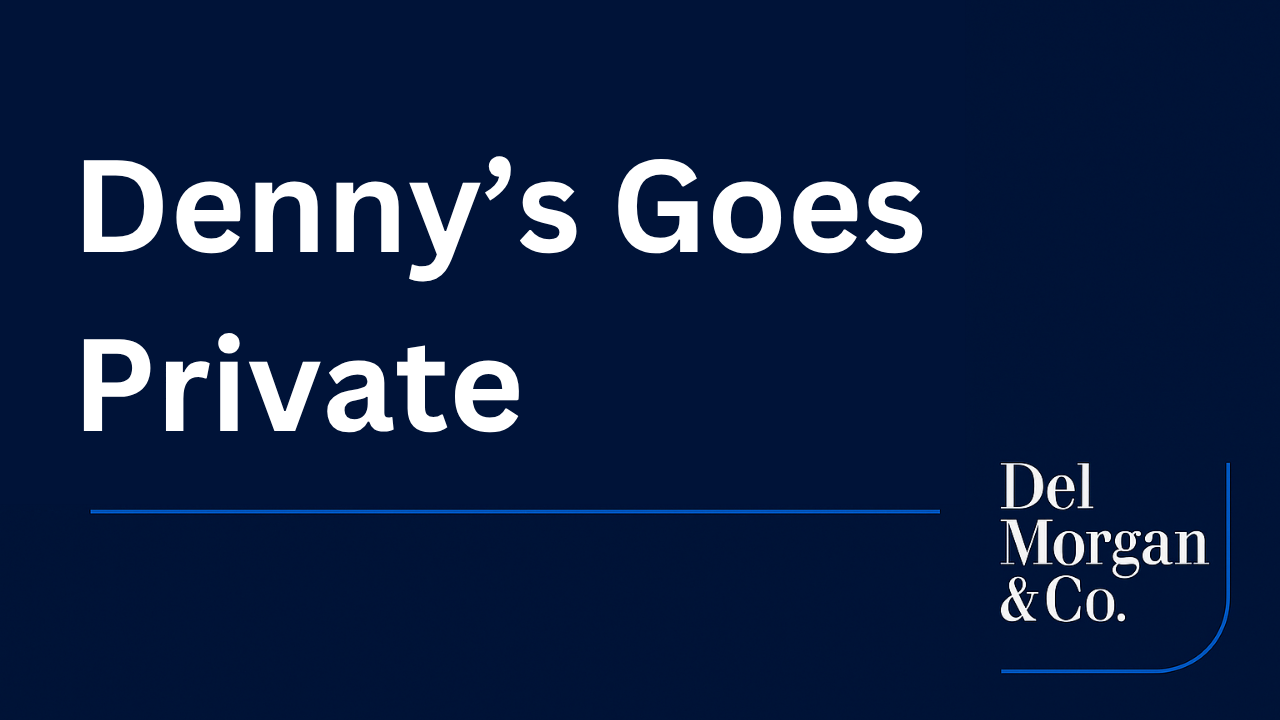The autonomous mobility sector is undergoing a transformative phase, with Waymo and Tesla emerging as pivotal players in the race toward driverless transportation. Waymo’s strategic expansion into New York City has underscored its dominance in high-level autonomous technology, while Tesla’s recent Robotaxi unveiling in Austin has catalyzed a nearly 10% surge in its stock price, signaling robust investor confidence. These developments position autonomous vehicles as a disruptive force in the ride-hailing market, with significant implications for companies such as Uber, Lyft and Alphabet Inc. This analysis explores the evolving landscape of autonomous mobility, its competitive dynamics and the resultant opportunities for investors.

Autonomous Ride-Hailing: A Maturing Market
Waymo, a subsidiary of Alphabet Inc., continues to lead the autonomous ride-hailing sector, delivering over 250,000 driverless rides weekly across Phoenix, San Francisco, Los Angeles and Austin. Operating at Level 4 autonomy, Waymo’s vehicles navigate without human intervention under specific conditions within geofenced areas. The company is poised to extend its Waymo One service to Atlanta, Miami and Washington, DC in 2026, capitalizing on robust demand and increasingly permissive regulatory frameworks. These cities, characterized by high ride volumes and progressive policies, present fertile ground for Waymo’s continued growth.
Waymo’s Strategic Expansion into New York City
Since 2021, Waymo has conducted extensive testing in New York City, initially deploying manually driven vehicles to collect data on Manhattan’s complex driving conditions, including snow, ice, congestion and dense pedestrian traffic. Currently, Waymo One vehicles operate in the city with human safety drivers to comply with New York State regulations, which mandate human oversight. As the regulatory framework evolves, Waymo is expected to pursue approvals for fully autonomous operations, positioning the company to capitalize on the city’s high-density ride-hailing market.
Strategic Alliances: Waymo and Uber
Waymo’s operational model varies by region. In Los Angeles and San Francisco, it offers rides directly through the Waymo One app, emphasizing independence. In Phoenix and Austin, Waymo has forged a strategic partnership with Uber Technologies Inc., enabling autonomous rides to be booked via the Uber app. This collaboration strengthens Uber’s competitive positioning as autonomy reshapes the ride-hailing landscape. By integrating driverless technology, Uber stands to significantly reduce labor costs, enhancing margins and fortifying its market resilience.
Tesla’s Entry into the Robotaxi Market
On June 23, 2025, Tesla showcased its robotaxi capabilities in Austin, deploying Model Y vehicles equipped with safety monitors. Launched near Tesla’s headquarters, the service offers rides at a competitive $4.20 per trip, undercutting traditional ride-hailing fares. The announcement triggered a nearly 10% increase in Tesla’s stock price, reflecting investor optimism about its potential to disrupt the
ride-hailing and autonomous taxi markets. Tesla’s vertically integrated approach—controlling hardware, software and distribution—positions it as a formidable competitor in this rapidly evolving sector.
Financial Market Implications
Waymo, as a non-publicly traded subsidiary of Alphabet Inc., contributes to its parent company’s valuation but lacks independent market exposure. In contrast, Tesla’s integrated model has fueled investor enthusiasm, as evidenced by its recent stock surge. As autonomous vehicles reduce reliance on human drivers, Uber faces potential challenges, although its partnership with Waymo mitigates some competitive risks. Lyft, with a smaller market share and no current autonomous platform affiliation, is more vulnerable to disruption, with potential adverse effects on its long-term growth prospects.
The autonomous mobility sector is also influencing broader market dynamics. The anticipated growth in autonomous ride-hailing is expected to drive mergers and acquisitions (M&A) activity, particularly in the technology and automotive sectors. Private equity firms are increasingly targeting companies developing autonomous technologies, with structured deals facilitating innovation and market entry.
Consumer Adoption and Market Dynamics
Consumer preference for autonomous taxis is rising, driven by safety, comfort and convenience. A J.D. Power study indicated that 76% of passengers feel comfortable with autonomous vehicles, with women particularly valuing the absence of human drivers due to safety concerns in traditional ride-hailing. While Waymo’s fares may exceed those of Uber or Lyft, riders cite the premium experience—enabled by transparent sensor-driven navigation and the elimination of tipping—as justification for the cost. Tesla’s flat $4.20 fares in Austin could exert downward pressure on pricing, fostering competition and potentially stabilizing fares as adoption scales.
Macro Implications and Investment Opportunities
The rise of autonomous mobility is reshaping labor markets, urban planning and transportation equity. Once a speculative concept, driverless technology is now a tangible reality with profound implications for public policy, safety and economic structures. The competitive interplay among Tesla, Waymo, Uber and Lyft will determine market leadership, with each company leveraging distinct strategies to capture value in this transformative sector.
For investors, autonomous mobility presents compelling opportunities. The sector’s growth aligns with broader trends in technology and sustainability, attracting capital inflows into companies advancing AI and automation. DelMorgan & Co. anticipates increased capital investment and M&A activity, offering strategic avenues for deal execution. Investors seeking exposure to this dynamic market can benefit from DelMorgan’s expertise in navigating complex transactions and identifying high-potential opportunities.
Conclusion
The autonomous mobility sector is at a pivotal juncture, with Waymo’s expansion, Tesla’s robotaxi debut and Uber’s strategic partnerships signaling a future in which driverless vehicles are integral to global transportation. These developments carry far-reaching implications for financial markets, competitive dynamics and societal structures. As the sector matures, DelMorgan & Co. remains committed to guiding clients through this evolving landscape, leveraging our expertise to unlock value in one of the most transformative industries of our time.
About DelMorgan & Co.
DelMorgan & Co. is a leading global investment bank headquartered in Santa Monica, in the greater Los Angeles area of Southern California. With over $300 billion of successful transactions in over 80 countries, DelMorgan‘s Investment Banking professionals have worked on some of the most challenging, most rewarding and highest profile transactions in the U.S. and around the globe.
